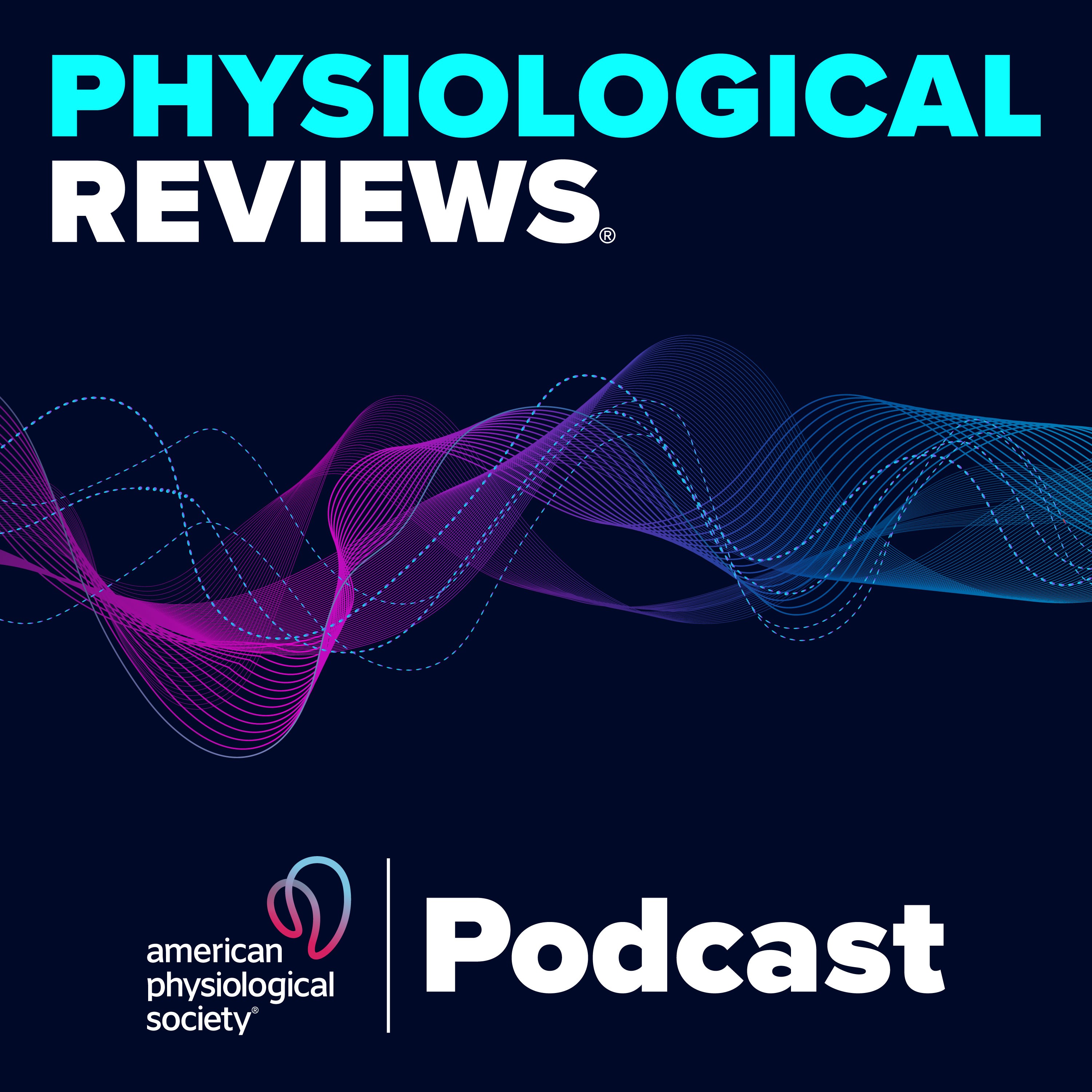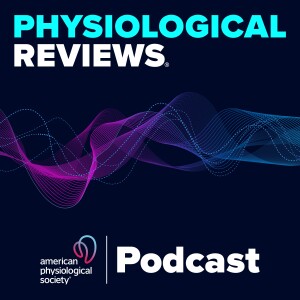
6K
Downloads
28
Episodes
Each episode of the Physiological Reviews podcast features commentary and discussion of newly published articles in the journal, which provides state-of-the-art, comprehensive, and high-impact coverage of timely issues in the physiological and biomedical sciences. Physiological Reviews articles appeal to physiologists, neuroscientists, cell biologists, biophysicists, and clinicians with special interest in pathophysiology. The journal is very useful in teaching and research because it provides non-biased and clearly written updates on important developments.
Episodes

Tuesday Jun 07, 2022
A Tale of Two Epidemics: HIV and SARS
Tuesday Jun 07, 2022
Tuesday Jun 07, 2022
Physiological Reviews Editor-in-Chief Dr. Sadis Matalon speaks with Michael Saag, MD, of the University of Alabama at Birmingham (UAB) about his editorial “Wonder of wonders, miracle of miracles: the unprecedented speed of COVID-19 science.”
Dr. Saag is Associate Dean for Global Health in the School of Medicine, Director of the UAB Center for AIDS Research and a Professor of Medicine in the Division of Infectious Diseases. He also is the principal investigator of the CFAR Network of Integrated Clinical Systems (CNICS), a network of centers sharing electronic health record data to integrate clinical information from persons infected with HIV. In addition, Dr. Saag is the founding director of the UAB 1917 HIV Clinic, one of the leading HIV clinics in the United States.
- Dr. Saag's experience in treating patients with HIV, and advances in HIV treatment [2:50]
- Why is there no vaccine for HIV? [4:50]
- Is there an animal vector for SARS-CoV-2 as was the case for SARS-CoV-1? [8:17]
- What exactly is “long COVID,” and what are its implications for public health? [12:06]
- Why do vaccinated individuals still contract SARS-CoV-2? [17:08]
- Final thoughts [22:04]
Subscribe to the podcast here.
Browse recent articles on our website.
Be sure to let your colleagues know about the podcast, and please rate and review it wherever you listen to it.
Follow the journal on Twitter and on Facebook.
Listen to other podcasts produced by the American Physiological Society.
